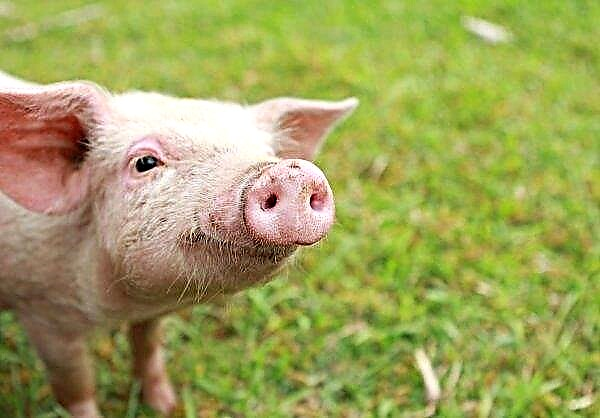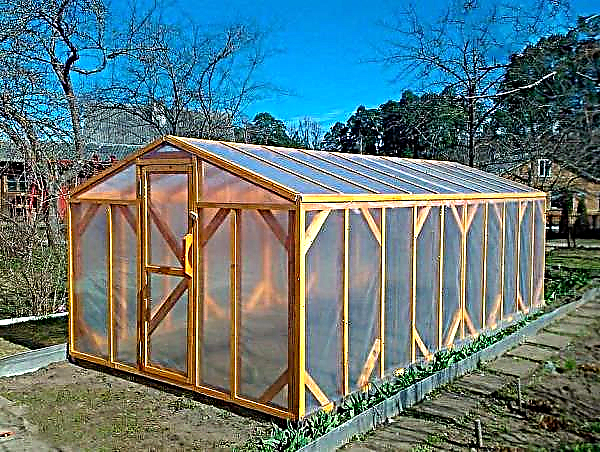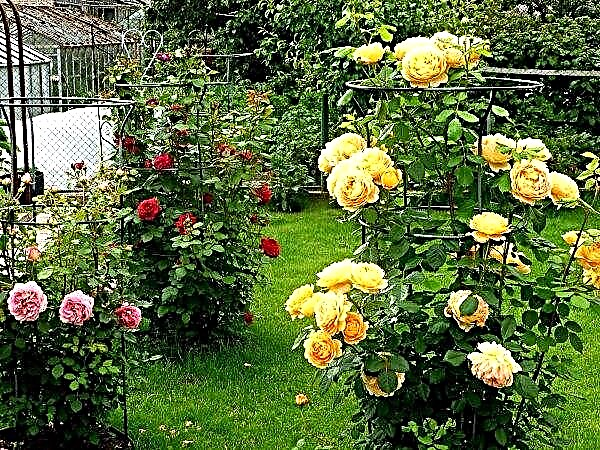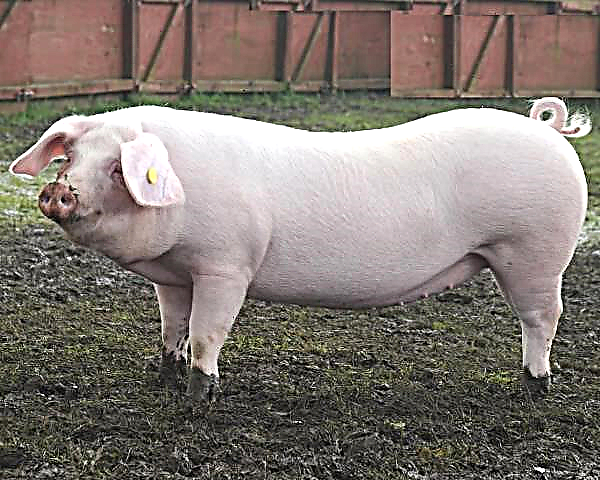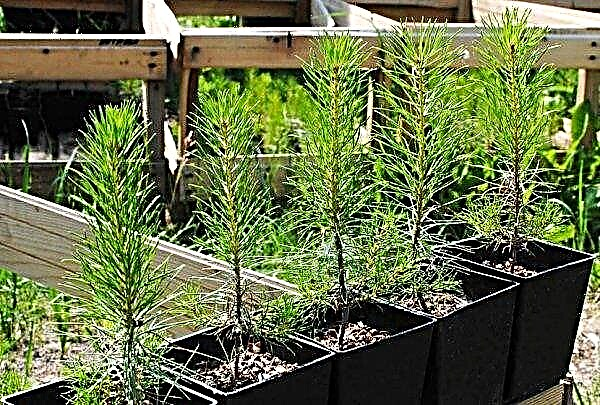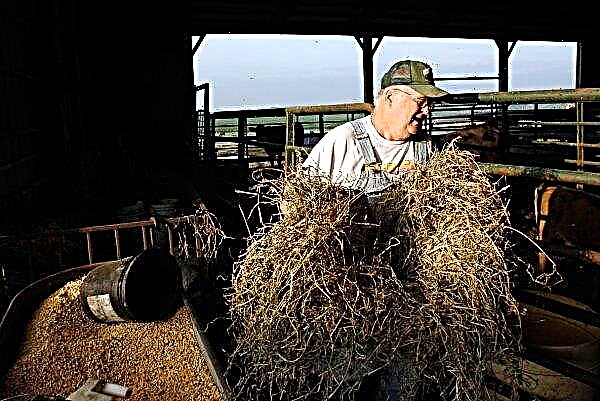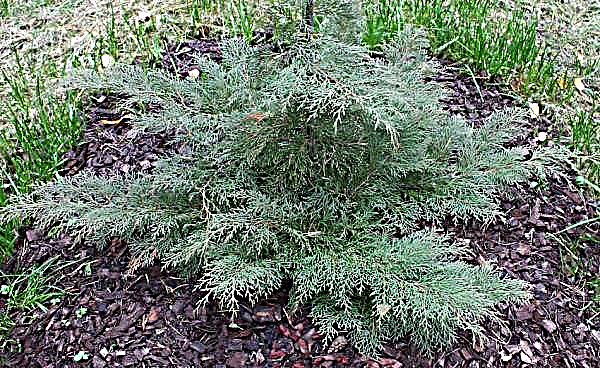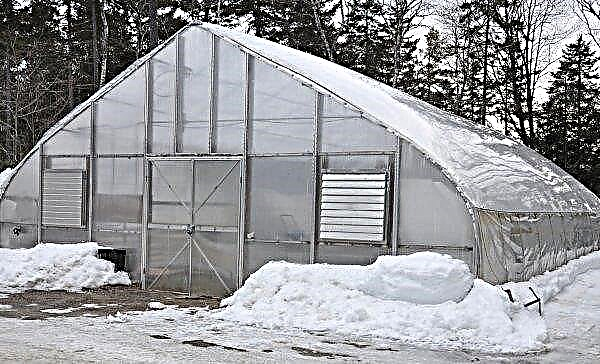The battle with locust swarms in the 3 northeastern counties is expected to begin today after the Kenyan government has decided to start spraying chemicals from the air to save crops in the region.
Retired government spokesman Colonel Cyrus Oguna said at a press conference that the government had dispatched special forces to begin air spraying in the affected districts of Vajir, Marsabit and Mandera.
Direct speech: “We want to assure the public that the government is in full control of the situation, and therefore there should be no reason for concern,” he said.
He confirmed that the government controls the locust migration regime to ensure that pests do not spread to other parts of the country.
Agriculture Department Head Plant Protection David Mwangi said the chemicals used were tested, registered and approved for locust control to ensure they are not harmful when used in accordance with the guidelines.
 Lone locusts do not roam and pose no danger. In its entire life, one insect eats only 300 g of food. But as soon as they go astray, they destroy all the greenery on their way.
Lone locusts do not roam and pose no danger. In its entire life, one insect eats only 300 g of food. But as soon as they go astray, they destroy all the greenery on their way.
He also stressed that the infection will not spread, as they intend to restrain the situation. Direct speech: “The ground support control groups that were trained already exist and were provided with protective equipment for use during the exercises,” Mwangi said.
A week ago, North Kenyan leaders gathered in Nairobi to demand action from the government after the invasion of desert locusts, which threatened the food security of the regions.
This happened after an earlier warning by the Food and Agriculture Organization (FAO) that a desert locust would invade Ethiopia and Somalia in other countries in East Africa.
The government states that it provides containment and does not affect other districts in any way.
- Earlier we reported that hordes of locusts were found in the Luhansk region.
- Locusts have a feast in the fields of Pakistan.
- In Ukraine, favorable weather conditions arose for breeding locusts.
- We also wrote that locusts continue to pester Argentina.
- Sparrow-sized locusts attack the fields of Kabardino-Balkaria.

